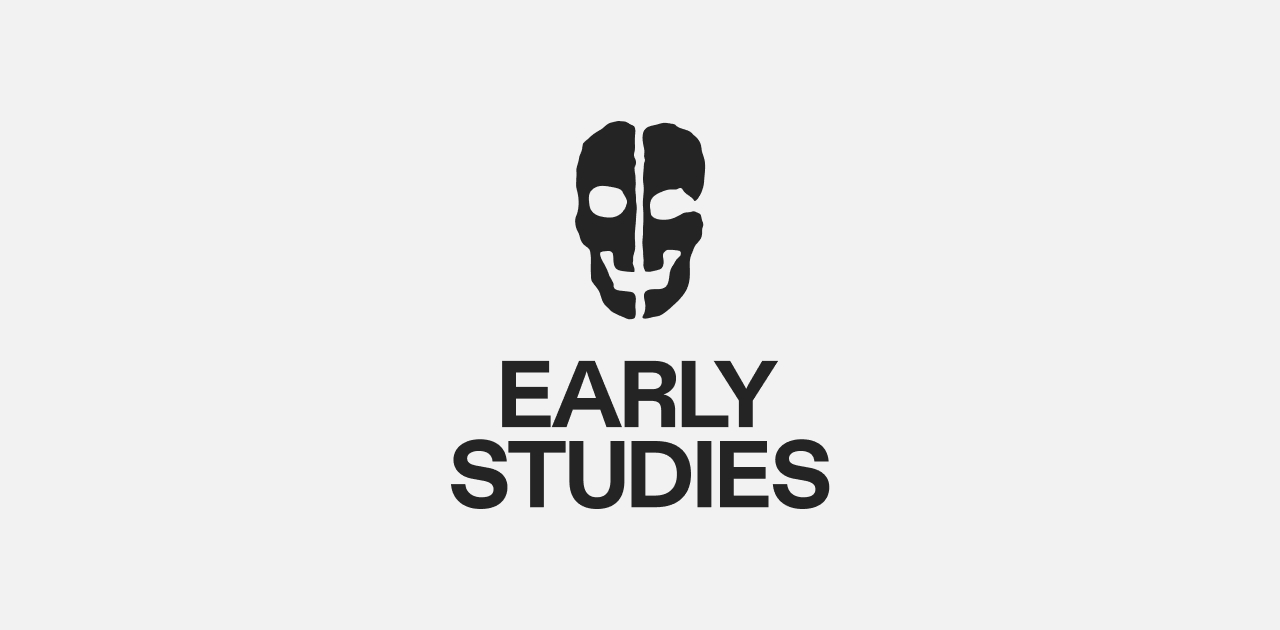Welcome to a brand new look for Five Finds.
It's also a facelift for the company - peep the new snowbird look! It's also our move away from substack and on to hosting our own stuff on Ghost. (more on both those topics in future editions)
After this week's Trump win, the world order is already rapidly shifting. It's a political, economic, social and cultural shift. And you need to find your place in it. It is what I'm spending most of my engagements advising companies on. One thing people depend on to gauge these shifts are polls (or surveys). News networks and corporations love a good survey - and they're often terrible at fielding them and using them. This week showed how either polls misled people or people misread polls. Or both! This week's finds are about this lag between what surveys as a blunt instrument have failed at:
- NOT A TOSS UP 🎁 "It’s all a reminder that polls are often more accurate than they are precise. They show the general state of the race—toss-up, narrow lead, landslide—better than they predict the final margin. That’s in part because of their margins of error"
- CHATBOT OPINIONS The answer is ignoring the humans whose behavior they are trying to capture. For election results, Aaru uses census data to replicate voter districts, creating AI agents essentially programmed to think like the voters they are copying. Each agent is given hundreds of personality traits, from their aspirations to their family relationships. The agents are constantly surfing the internet and gathering information meant to mimic the media diets of the humans they’re replicating, which sometimes causes them to change their voting preferences.
- LIKE A GOOD NEIGHBOR Betting markets got in big time on this US election. “Théo”, the mystery prediction-market trader who is set to make $50mn on Polymarket, a betting platform, by betting on Donald Trump winning the US presidency talks about what signals they used to make that bet. "Pollsters should use what are known as neighbor polls that ask respondents which candidates they expect their neighbors to support. The idea is that people might not want to reveal their own preferences, but will indirectly reveal them when asked to guess who their neighbors plan to vote for."
- PANDEMIC BROKE IT 🎁 Changes in consumer sentiment are normally a useful economic benchmark. The longest-running measure comes from a survey by the University of Michigan, which began in 1946. Before the pandemic, the relationships between these indicators and consumer sentiment were relatively stable. However, covid seems to have severed this link, making the model’s projections wildly inaccurate.
- STATISTICALLY SIGNIFICANT STUPIDITY “If you gave me the choice of having a CEO go out and do 10 one-hour in-person interviews of customers versus a survey that goes out to 10,000 customers, I would take the former every day.”
CLASSIFIEDS
Speaking of surveys, and doing them right, good friends at Early Studies are on to a whole new way of asking questions that provide actually useful answers.



